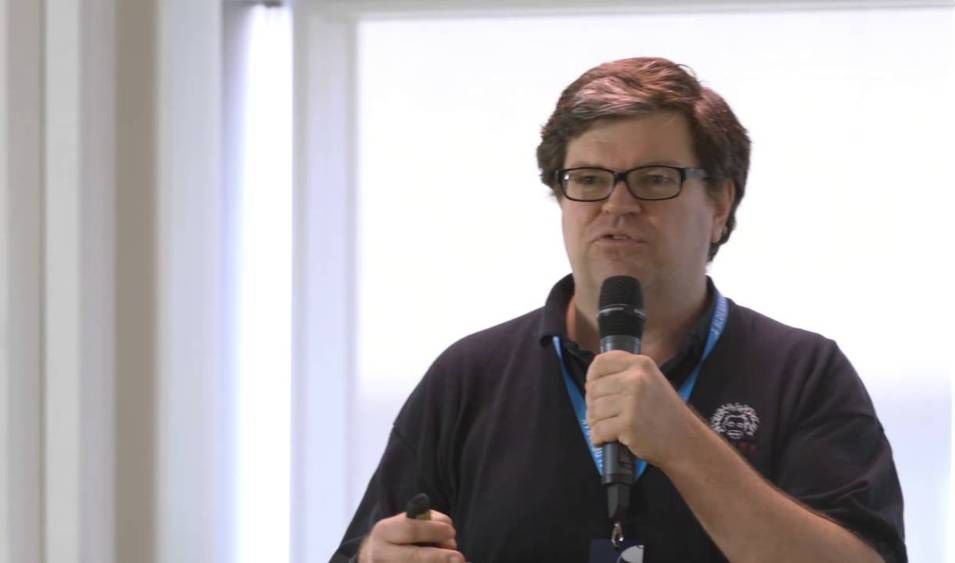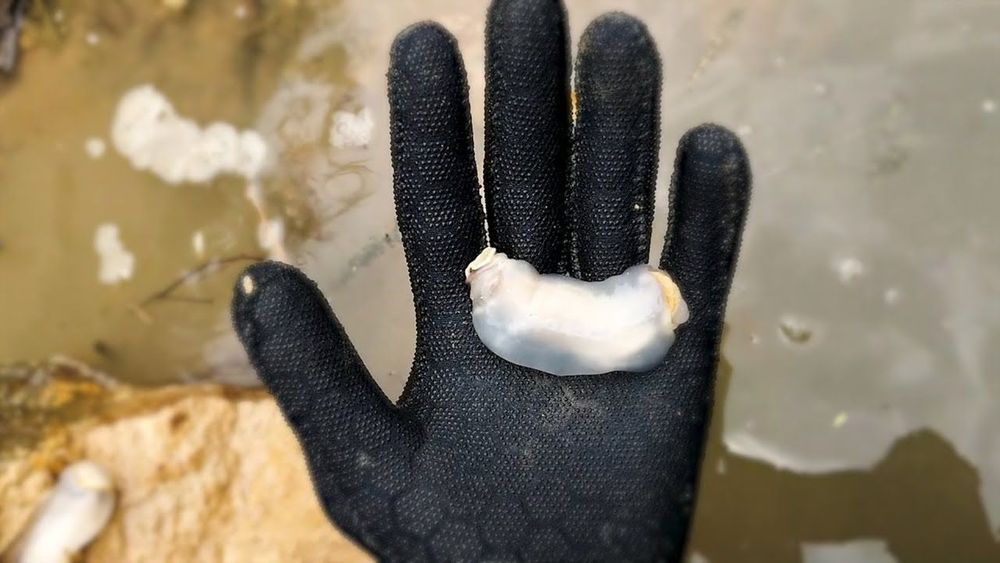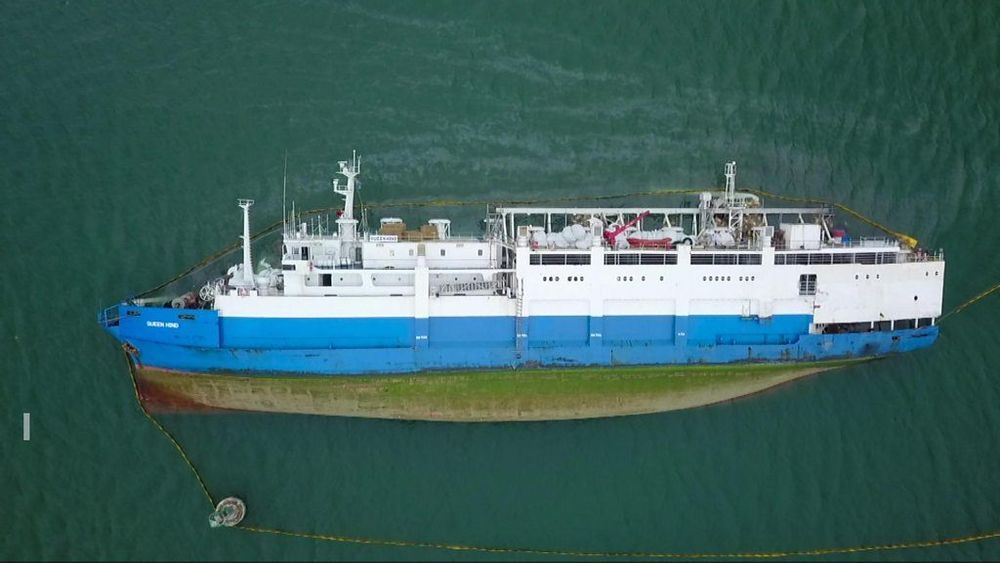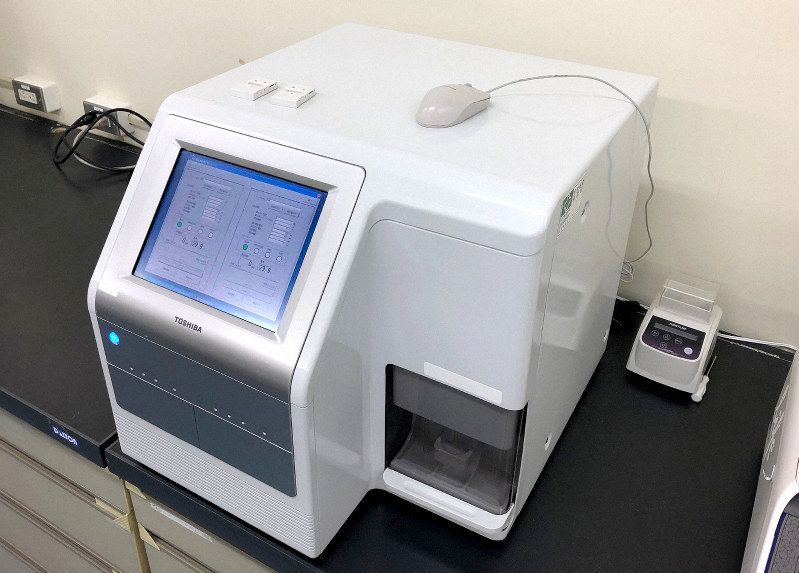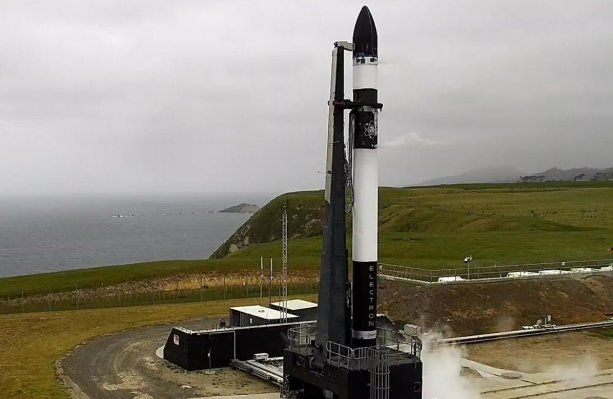Nov 25, 2019
Deep Learning and the Future of AI
Posted by Müslüm Yildiz in categories: information science, mobile phones, robotics/AI
Over the last few years, rapid progress in AI has enabled our smartphones, social networks, and search engines to understand our voice, recognize our faces, and identify objects in our photos with very good accuracy. These dramatic improvements are due in large part to the emergence of a new class of machine learning methods known as Deep Learning.
Animals and humans can learn to see, perceive, act, and communicate with an efficiency that no Machine Learning method can approach. The brains of humans and animals are “deep”, in the sense that each action is the result of a long chain of synaptic communications (many layers of processing). We are currently researching efficient learning algorithms for such “deep architectures”. We are currently concentrating on unsupervised learning algorithms that can be used to produce deep hierarchies of features for visual recognition. We surmise that understanding deep learning will not only enable us to build more intelligent machines but will also help us understand human intelligence and the mechanisms of human learning. http://www.cs.nyu.edu/~yann/research/deep/
